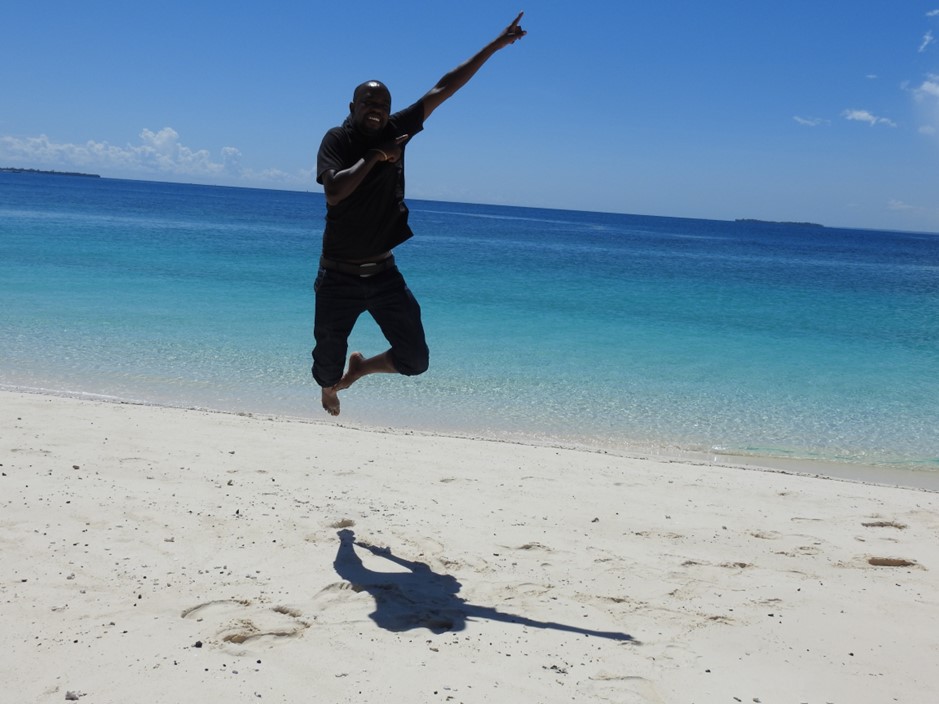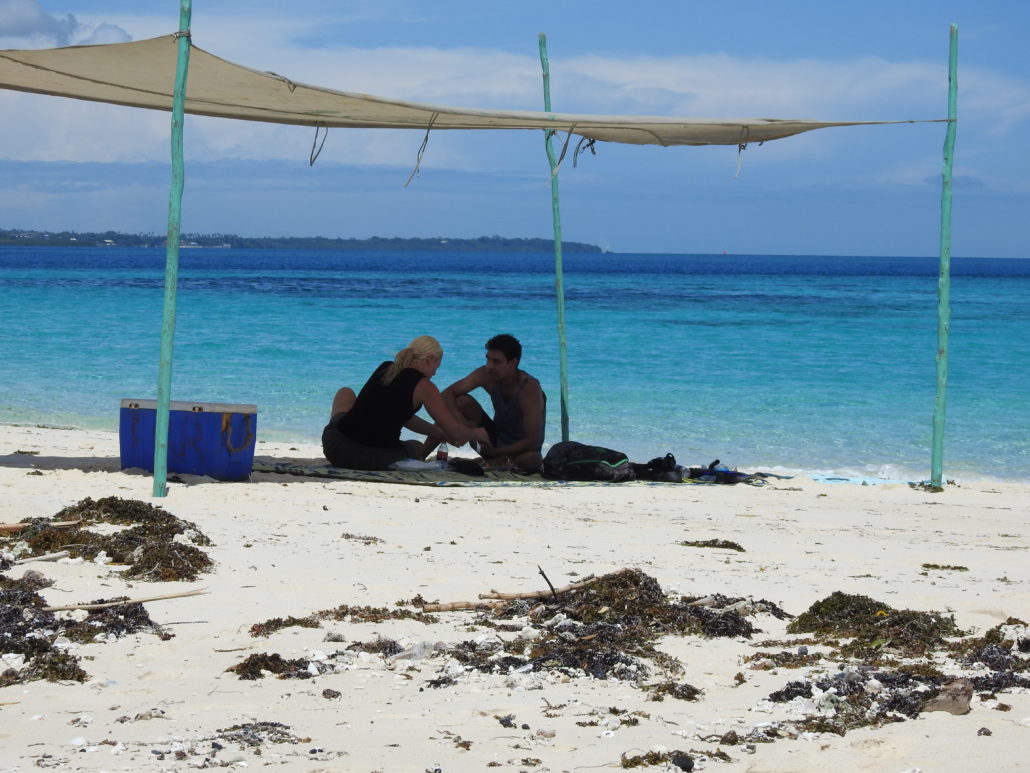Stonetown
To immerse yourself in the fascinating, centuries-old history of the island and in particular its capital, Stonetown
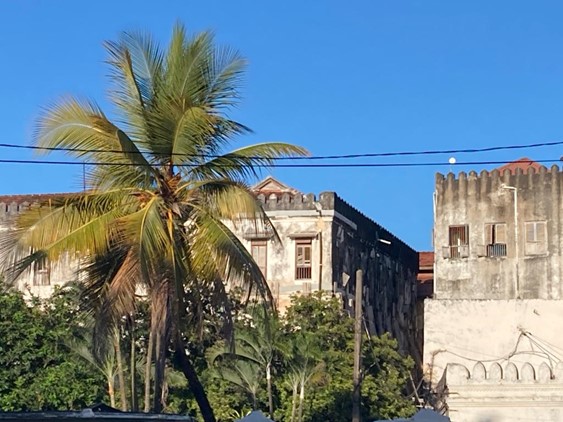
Stonetown or Zanzibar town is well worth a visit to discover its complex and often little-known history.
From the 16th century onwards, Stonetown was a place of transit for Tanzanian slaves, who were then shipped to India and the Middle East. Official slavery was abolished in 1873, but continued to exist clandestinely until the 1930s. A visit to the Museum of Slavery, with its outdated but informative iconography, is highly recommended.
The maze of small streets, the Arab-style architecture and the spice, meat and fish market make this town an unforgettable experience.
Stonetown : Mizingani, Jafferji House, Antonio Garden, Upendo house
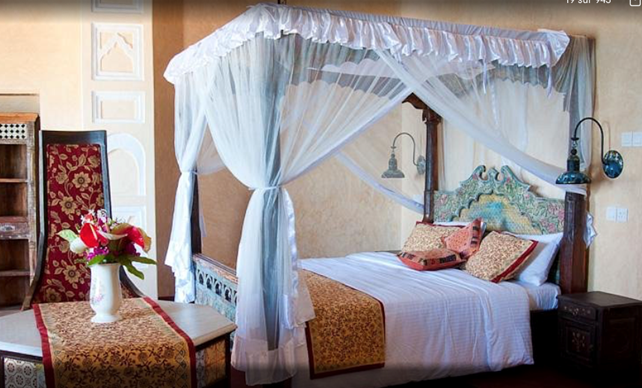
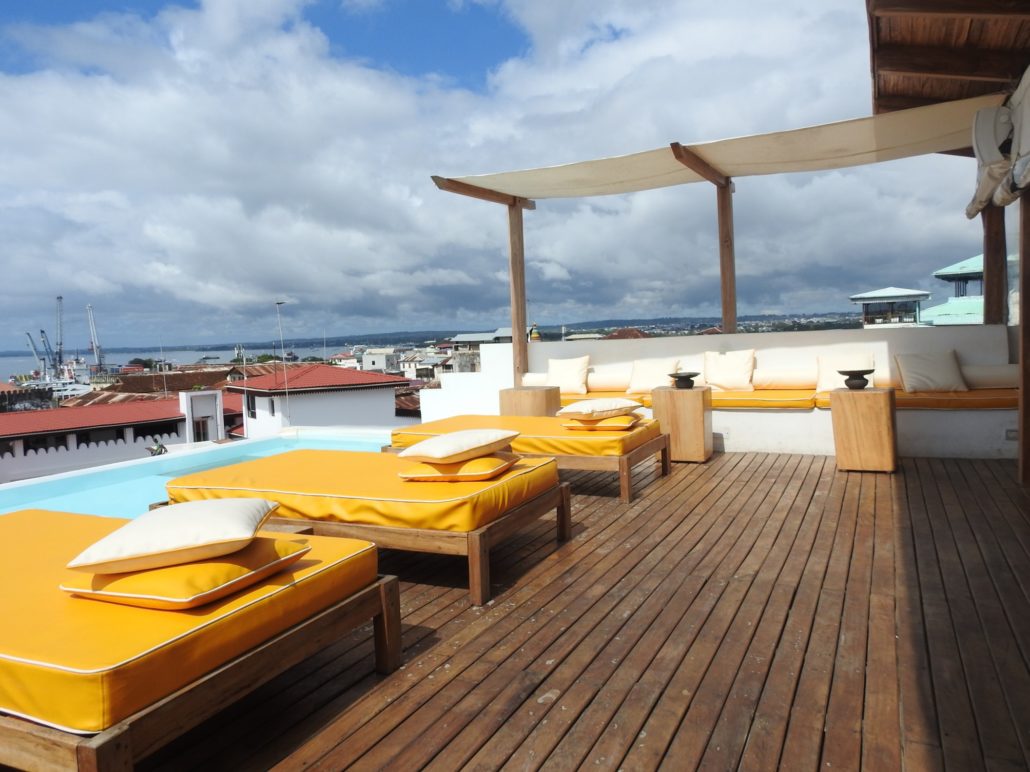

Stonetown offers a wide range of activities. We’ve tried out the following activities and recommend them without reservation.
Visit the town
Duration: two to two and a half hours (from $35 for two).
Stroll through the winding streets of the old town, enjoy the large fish, meat and spice market before reaching the fort built in the 15th century by the Portuguese, then walk along the sea to the port. On the way back, visit the slave market museum.
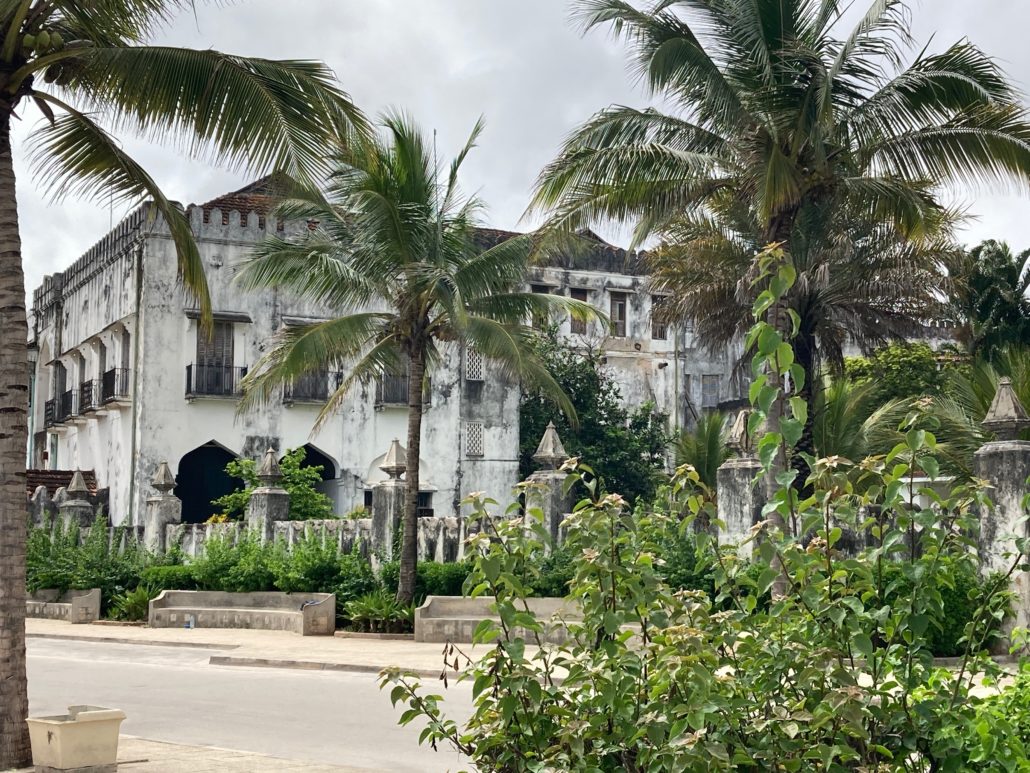
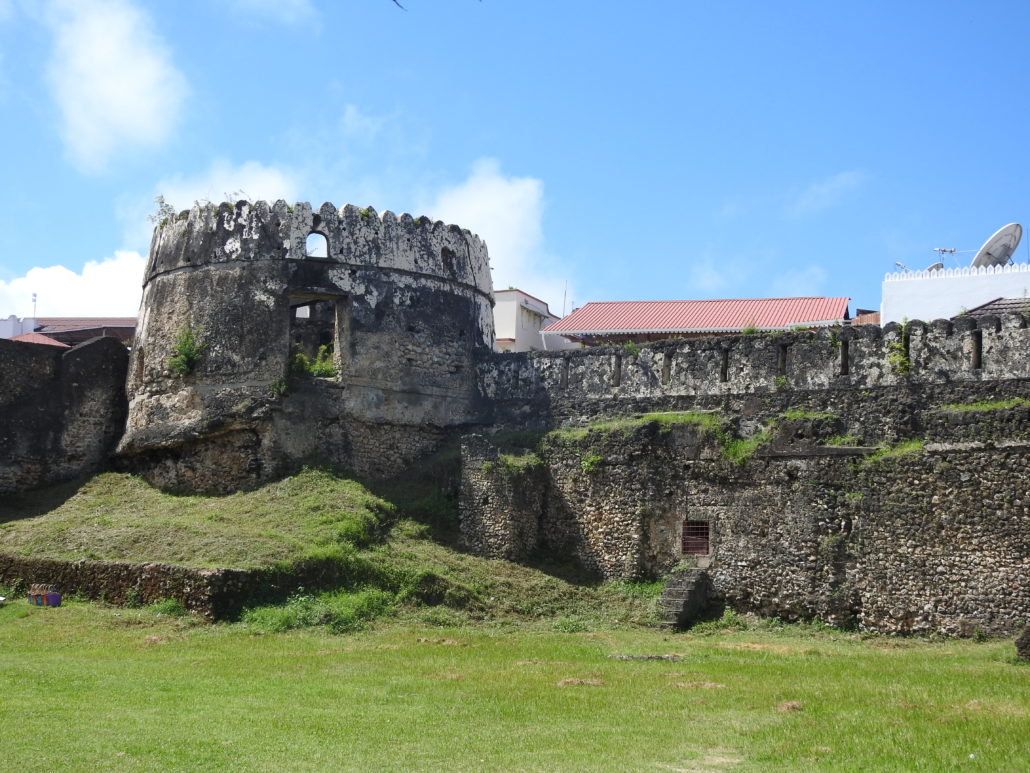
Two local restaurants, Lukmaan and Zenj Food Lover’s Joint coffee bar, are highly recommended for their good value, convenient location, local dishes and typical Zanzibar atmosphere.
Prison Island and Nakupenda Beach
Duration: half a day to a full day. (From $90 for two, with snacks at Nakupenda).
Take a dhow to Prison Island. The history of this island, built as a prison for slaves by the Portuguese on their arrival in Zanzibar in the 15th century, is fascinating. In the 19th century, merchants passing through the Seychelles brought back some twenty turtles with them. They are still there today, and have become so comfortable there that there are now over two hundred of them.
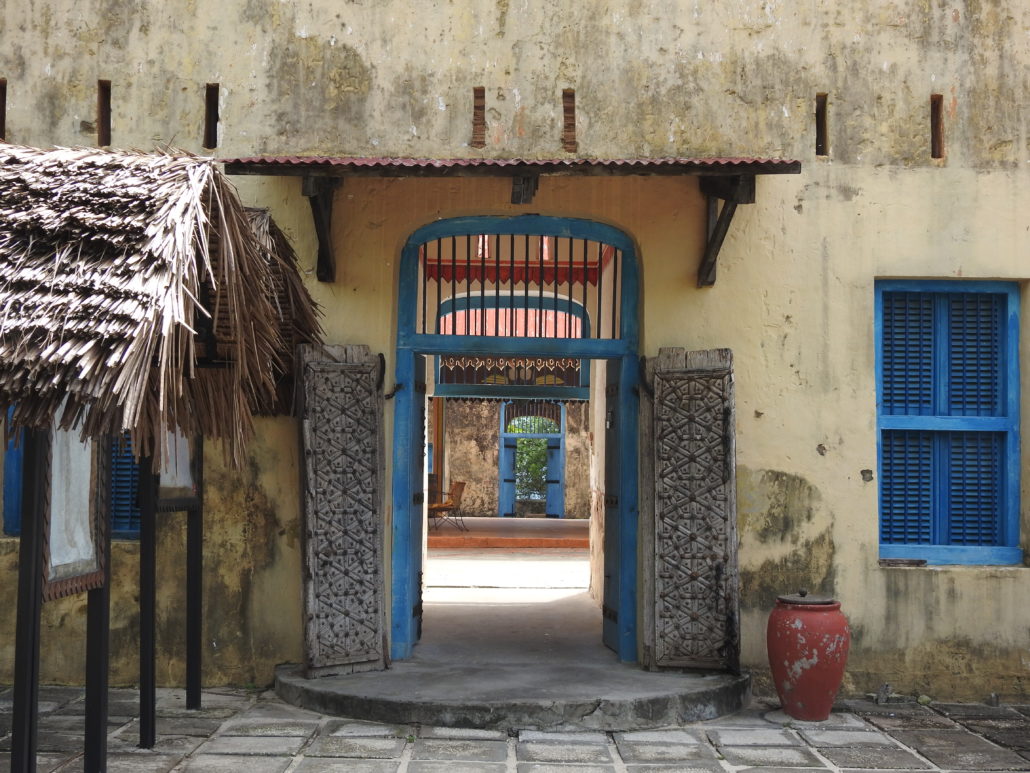
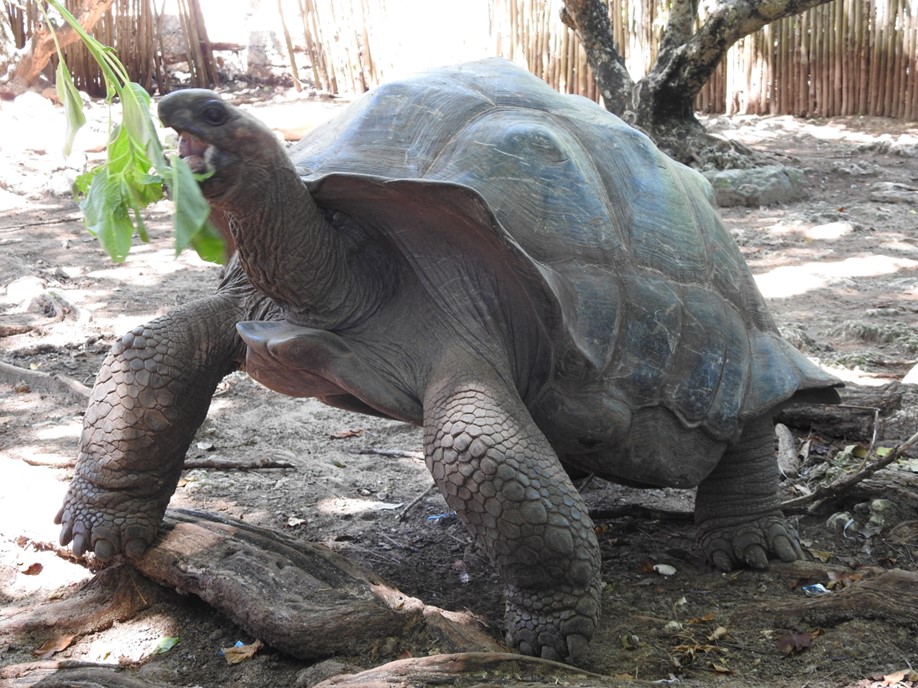
After leaving Prison Island, we head for a small atoll of white sand and turquoise water that only exists at low tide. It’s possible to organize meals and swimming. Its name, Nakupenda – I love you in Kiswahili – is no coincidence: it’s a corner of paradise!
